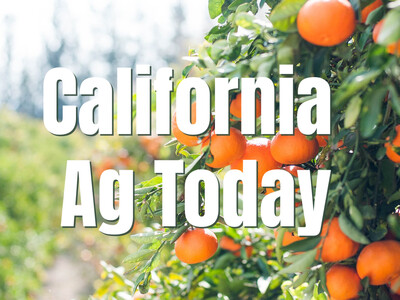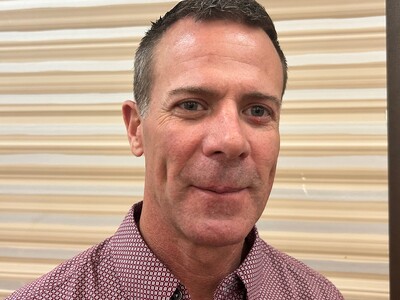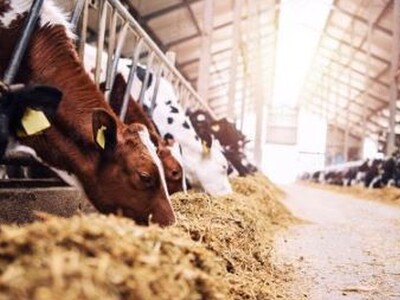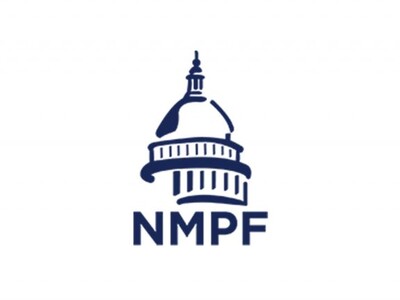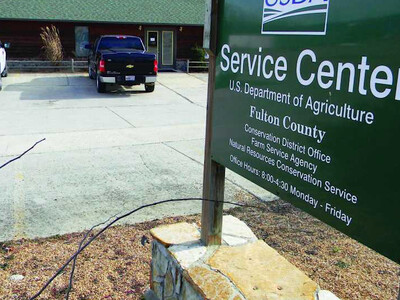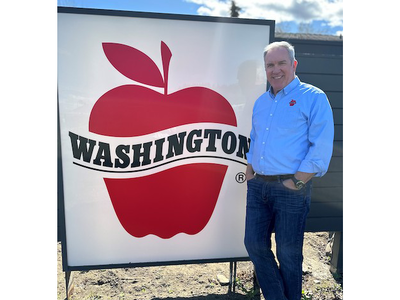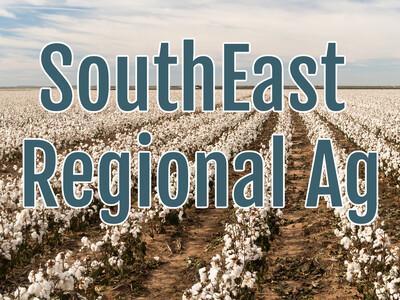Reducing Produce Waste and Market Intermediaries

Tim Hammerich
News Reporter
Food prices are up across the country, but it’s not the farmer seeing those additional dollars. Founder of ProducePay Pablo Borquez believes that by establishing a predictable produce commerce platform, farmers won’t have to rely as much on supply chain middlemen and food waste can be reduced.
Borquez... "40 percent or four out of every 10 pieces of fruit, and that is after they've been harvested and cleaned and packed and filtered, those are wasted. So imagine if we could change the industry from a push strategy, that is you ship and you wait for it to get consumed to a pull strategy where you know, years ahead how much is going to be contracted out so you grow it exactly at those demands and those specs. If you could reinsert that food waste back into the industry, the ability to lower prices without affecting the farmer is there. There's also a huge amount of intermediarism. There's three to four, what we call non-value additive intermediaries, that ultimately handle the fruit and add their margins simply because the food doesn't know where it needs to go. If we can create this pull industry, as we call it ourselves, and this predictable commerce platform, we can eliminate these two to three non-value additive middlemen, we can eliminate this 40 percent of food waste, and that alone allows us to reach a stable return for the farmer and a very affordable, stable, predictable price for the consumer that allows them to then budget their own groceries accordingly to have fruits and vegetables of their choice every week."
Borquez says ProducePay also supports a stronger global trading network, faster payments, and more in-depth insights.




